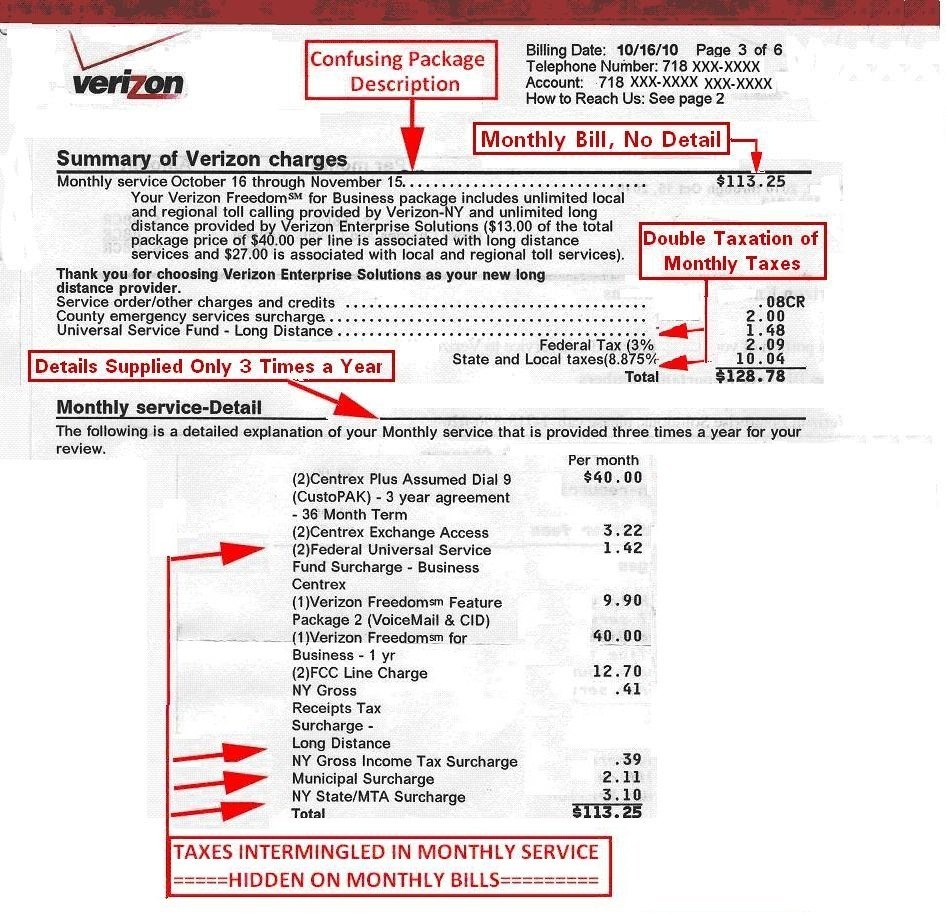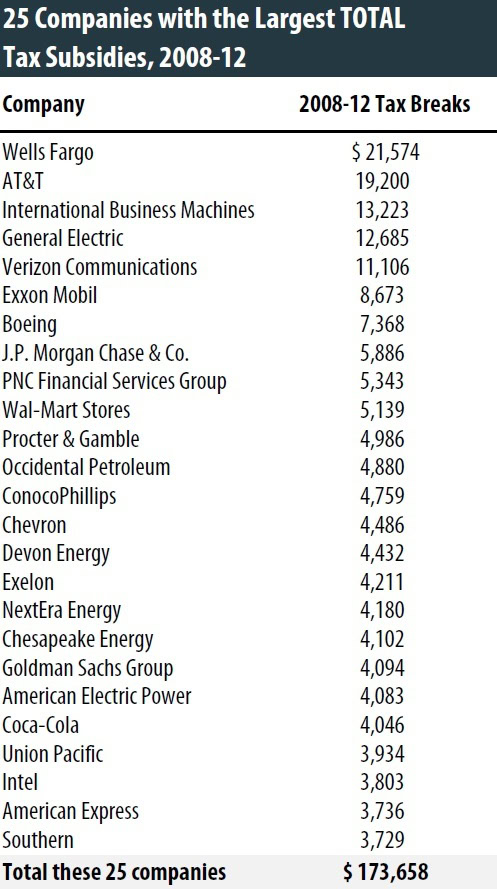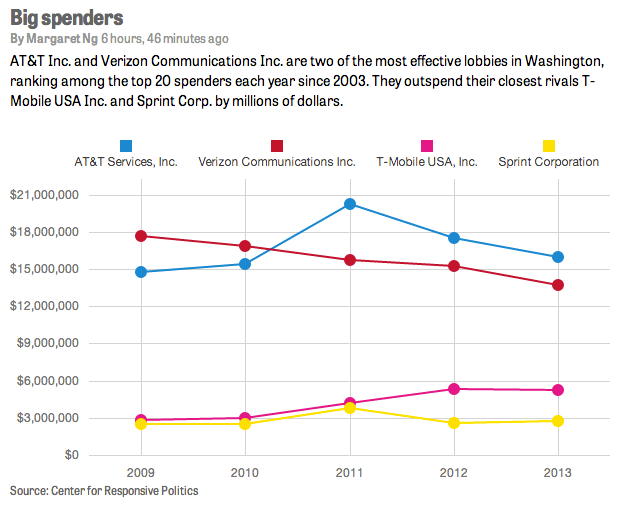Affiliate links on Android Authority may earn us a commission. Learn more.
Broadband providers hate regulations, except when it helps them

Did you all hear what net neutrality is really about? It’s about regulations, regulations and more regulations. See, if you repeat the word “regulations” and imply that the government is coming to your door to help you decide which broadband speeds you want, then you finally will see how broadband companies and lobbyists are painting the net neutrality debate.
“I have a hard time reconciling the notion that the Government should just take over privately deployed and owned assets without fairly compensating the TelCo’s and their shareholders for the investment they have made, and continue to make, in internet infrastructure.” – Chuck Papageorgiou, NetworkWorld
In reality, the debate is simply about whether or not broadband providers should be able to dictate what sites and speeds that customers should have on the internet. I continue to read story after story after story from the broadband providers themselves or their paid-off lobbyists (literally, they get their money from the broadband providers) in which they use the word “regulations” as much as possible for no reason other than to try and scare people into thinking that the government will soon decide their broadband speeds.
The one argument that I continue to take issue with is that while these broadband providers complain about the government, they also use that very same government to receive record tax breaks and change local and federal laws that they don’t like. In the last decade, broadband providers have become powers in Washington DC with massive donation lists that help the providers push through legislation at all levels of government.
Essentially, broadband providers want the government to stay out of the internet. But keep the laws in place that help them benefit financially in ways that no other businesses get in this country. If they want the federal government to stop “regulating”, then shouldn’t federal and state governments actually stop regulating the telecom industry? Or my guess is that the broadband providers would not object to stopping ALL regulations but just the ones that hurt them. How convenient.
Below-The-Line Fees
All broadband providers love using the big-bad federal government as a reason to raise rates yet many of the so-called fees attached to your bill aren’t even required by the federal government. They are simply added to your bill so that the provider can raise a few more dollars. StopTheCap has done a fantastic job going over the numerous charges that AT&T customers may see on their monthly bills. As the site notes, many of the charges have nothing to do with taxes and all to do with AT&T wanting more money, yet you wouldn’t know that based on the name of the charges.
Last May, AT&T got national coverage for their addition of a $0.61 “Mobility Administrative Fee” for users. Other fees over the years include the (tip DSLReports) FCC Subscriber Line Charge which according to the FCC is “not a government charge or tax.”

Who here thinks that broadband providers would allow for a radical change in billing rules that explain clearly what is mandated by the government and what is not? Good luck getting that through Washington DC.
Taxes
Also, let’s not forget how much AT&T and Verizon love using the big-bad federal government come tax time. Listen, I have no issue with businesses using the federal tax code to help them save as much money as possible. But, does anyone else find it odd that AT&T and Verizon use it to the extreme and then complain about the same government?
According to the Citizens for Tax Justice and the Institute on Taxation and Economic Policy, Verizon and AT&T enjoy business benefits that few others get in the country. In fact, the telecom industry as a whole paid an effective tax rate of 8.2 percent during the 2008–2010 period while other businesses were hit with the typical 35 percent corporate tax rate.

As Free Press notes:
- Between 2008 and 2010, Verizon received $12.3 billion in tax subsidies from the federal government and had an effective tax rate of –2.9 percent.
- Between 2008 and 2010, AT&T received nearly $14.5 billion in federal tax breaks, second only to Wells Fargo, which received nearly $18 billion. It had an effective tax rate of 8 percent.
- Comcast received $2 billion in tax breaks and had an effective tax rate of 20.6 percent.
That damn government giving them billions in tax breaks! Thank goodness AT&T’s executive officers are eligible to bill their own company $14,000 a year for their own income tax preparations.
Municipal Broadband Laws

Broadband providers are currently outraged at the notion of the government having any say in the net neutrality debate. Who are they to tell businesses what they can or can’t do? Except when the government is putting in place actual “restrictions” which help only the local incumbent internet provider by cutting out true competition.
According to the Center for Public Integrity, broadband giants have spent millions of dollars over the last decade to “lobby state legislatures, influence state elections and buy research to try to stop the spread of public Internet services that often offer faster speeds at cheaper rates.”
- When AT&T didn’t want to service numerous cities in North Carolina, they increased donations to North Carolina politicians and pushed forward an anti-municipal state law that helped them stop cities from starting their own municipal broadband service.
- When CenturyLink got worried about smaller competitors looking to expand their reach and/or cities looking to improve their own situation, they
bribeddonated a substantial amount of money through a Super-PAC to multiple state politicians to put forward anti-municipal laws on the books. Then threatened to sue those who opposed such bills. - In Kansas, Cox, Time Warner Cable, and Eagle Communications put forward a proposal to impose the strictest municipal broadband bans in the country if a city/area was already served. The bill was even nice enough to make sure that anyone with the slightest cellular connection was deemed “served.”
- Comcast blocks any municipal broadband system to “help the poor“…you can stop laughing.
Size Advantages
One of the ways that broadband providers like Comcast trap cities into a monopoly-like system is through their “most-favored nation” clauses. Essentially, a most-favored nation clause allows an incumbent broadband provider to renegotiate the terms of a city franchise agreement if a new broadband provider receives a franchise agreement and has better financial terms included in the agreement.
In reality, cable and broadband providers use it as a way to threaten a city with a lawsuit if they feel that competition may be coming their way. For example, when Bright House was trying to stop Verizon from entering their areas of Florida, they threatened to sue the city if they accepted Verizon’s proposed franchise agreement. When Mediacom was forced to deal with an actual competitor in one Minnesota city, they did in fact sue the city for no reason other than the city accepted another company’s proposed franchise agreement.
“Mediacom filed a lawsuit against the city in July, saying the Prior Lake City Council violated state law in June when it approved a cable TV franchise agreement with Integra, which became Mediacom’s first cable TV competitor in the city. Attorneys for Mediacom maintain the Integra agreement does not provide a level playing field for the two competitors.” – SWNedsMedia

Situations like these have gotten so abused around the country that the Department of Justice spent years probing whether there are even any legitimate business reasons for such terms.